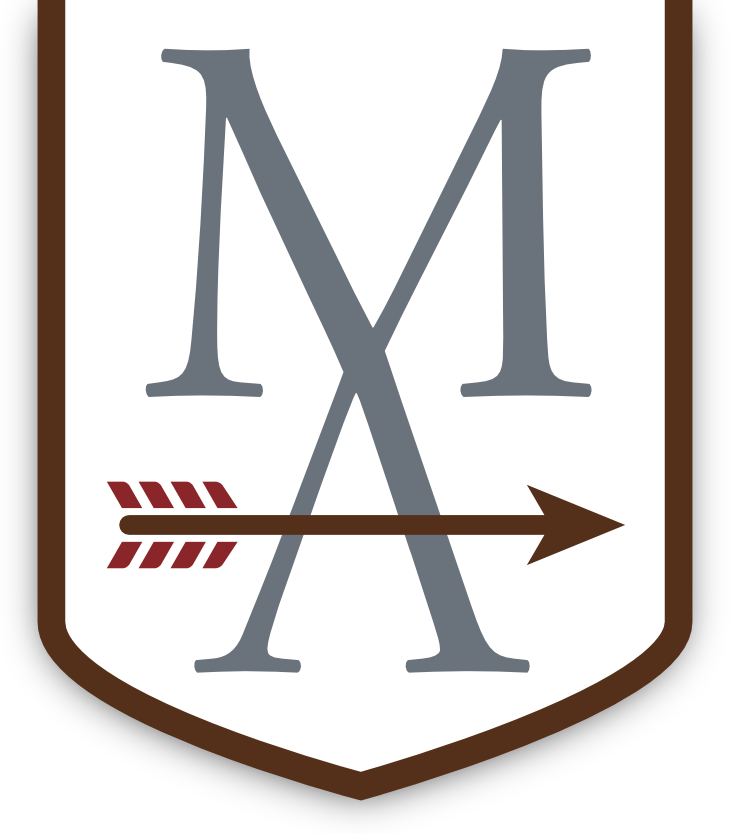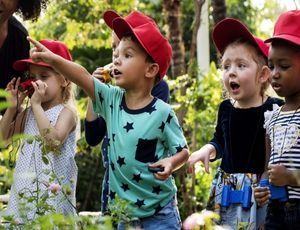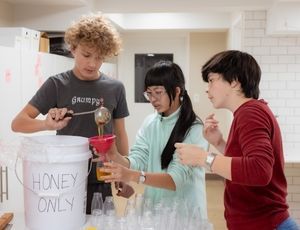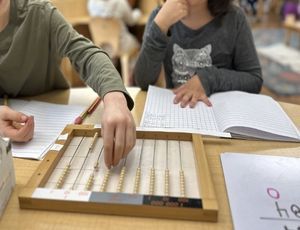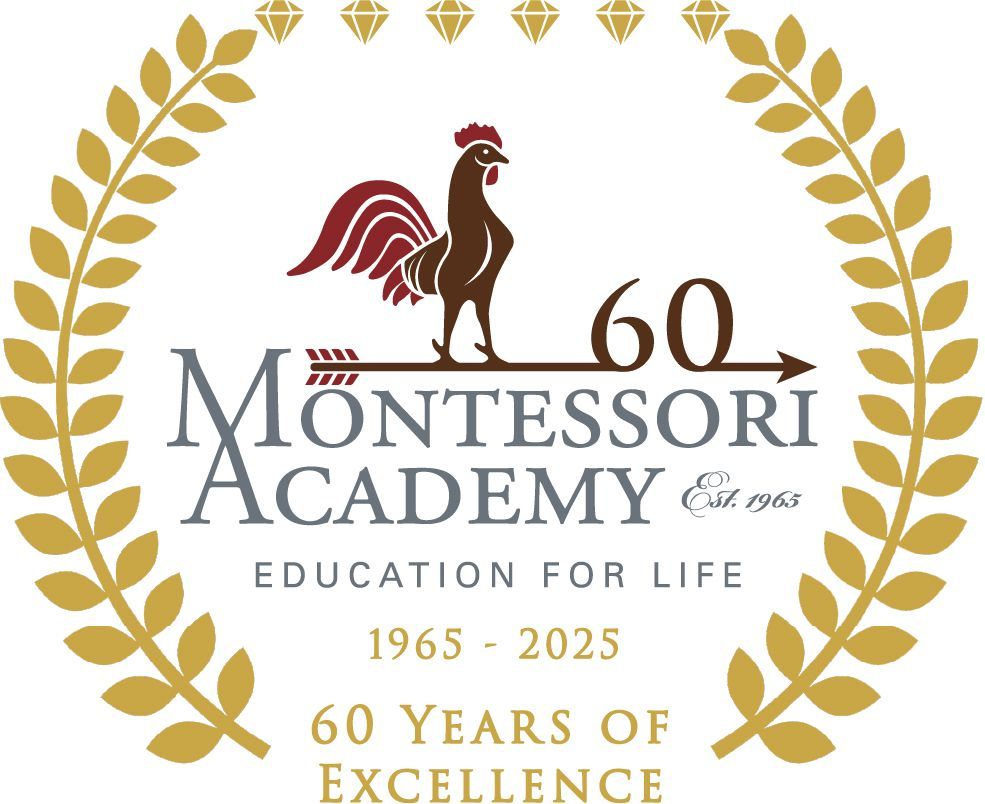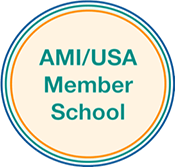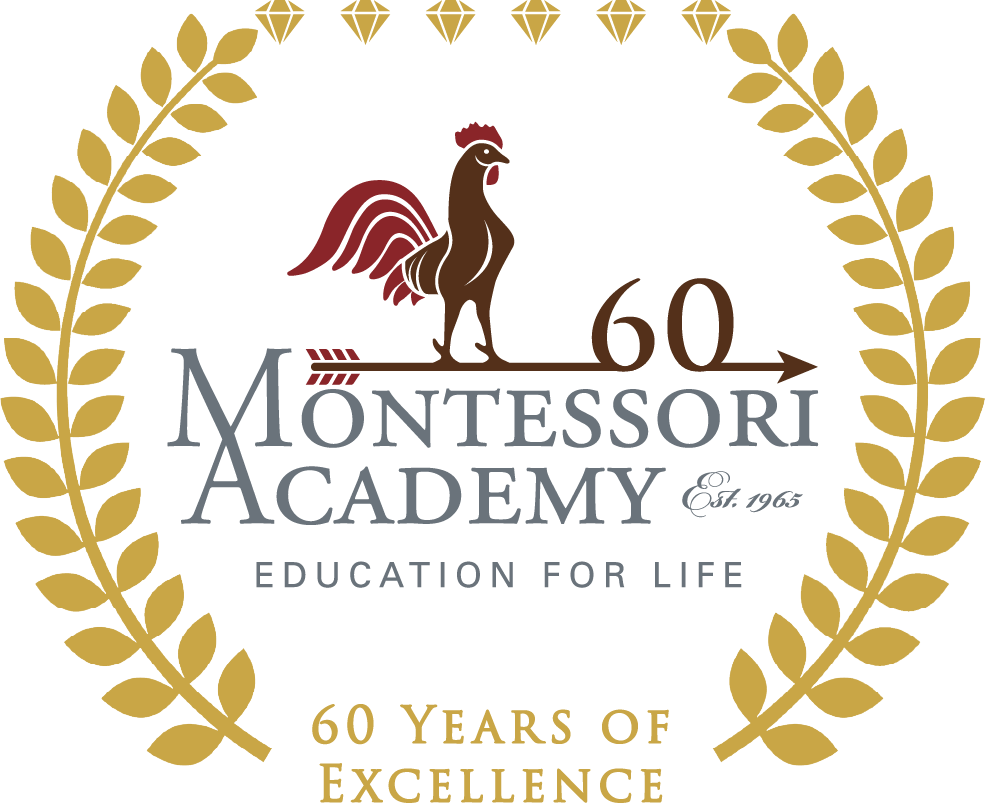
The Best Environment for Young Minds to Grow
Montessori Academy, founded in 1965, is the oldest Association Montessori Internationale (AMI) accredited Montessori School in New Jersey, and the only AMI accredited school in South Jersey.
Why do so many families choose Montessori?
We chose it for all three of our children because we believe it is the best learning environment.
-Jennifer Levas, Parent
Visit us!
We invite you to visit our school, meet the teachers, and observe the children in their classrooms. We encourage you to ask questions learn about the opportunities available at all levels of our programs.
The Rooster’s Crow
For details, please check the Google calendar.
Monday., 12/22/2025 - Friday, 1/2/2026 - school closed - E(xtended)C(are)P(rogram) closed
Friday, 1/16 - 1/2 day, noon dismissal - ECP open
Monday, 1/19 - school closed (MLK jr. day)
Thu., 1/29 & Fri., 1/30 - school closed - ECP open - Parent/Teacher conferences (all)
Friday, 2/13
-
1/2 day noon dismissal - ECP open
Monday, 2/19 - school closed (President's day)
Friday, 3/20 - school closed (Eid)
Friday, 4/3 - school closed (Good Friday)
Monday, 4/6 - Friday, 4/10 - school closed - ECP open
Tuesday, 4/14 - Friday, 4/17 -
tent.
elementary testing (3rd - 6th)
Friday, 5/1 - 1/2 day, noon dismissal - in-service - ECP open
Thursday, 5/14 & Friday, 5/15 - school closed - ECP open - Parent/Teacher conferences (all)
Fri., 5/22
-
1/2 day, noon dismissal - ECP open
Monday, 5/25 - school closed (Memorial day)
Thursday, 6/18 - Last day of school - year end festivities at 6:00pm
Friday, 6/19 - school closed (Juneteenth)
Monday, 6/29 - First day of summer camp
Recent Blogs
Montessori or Conventional:
What’s Best For Your Family?
Read the White Paper →

